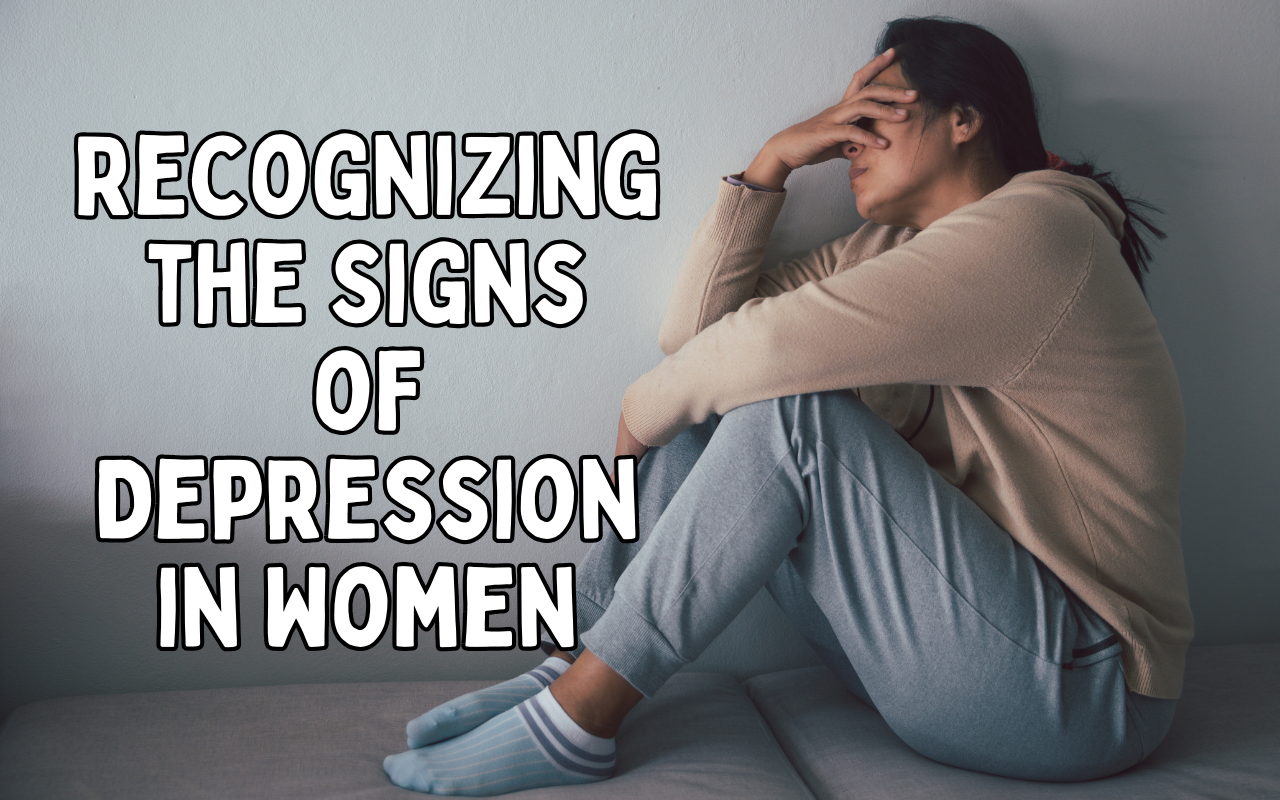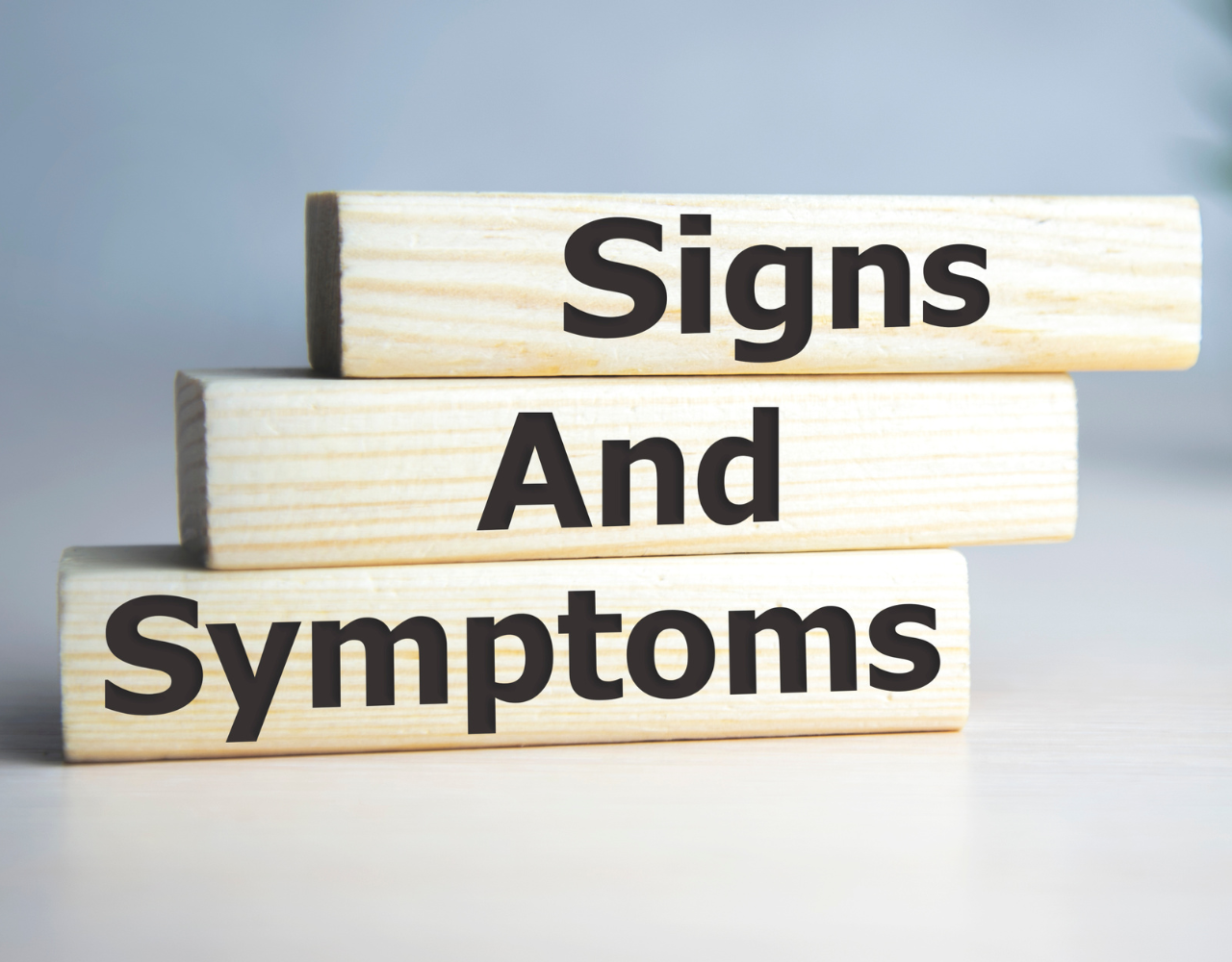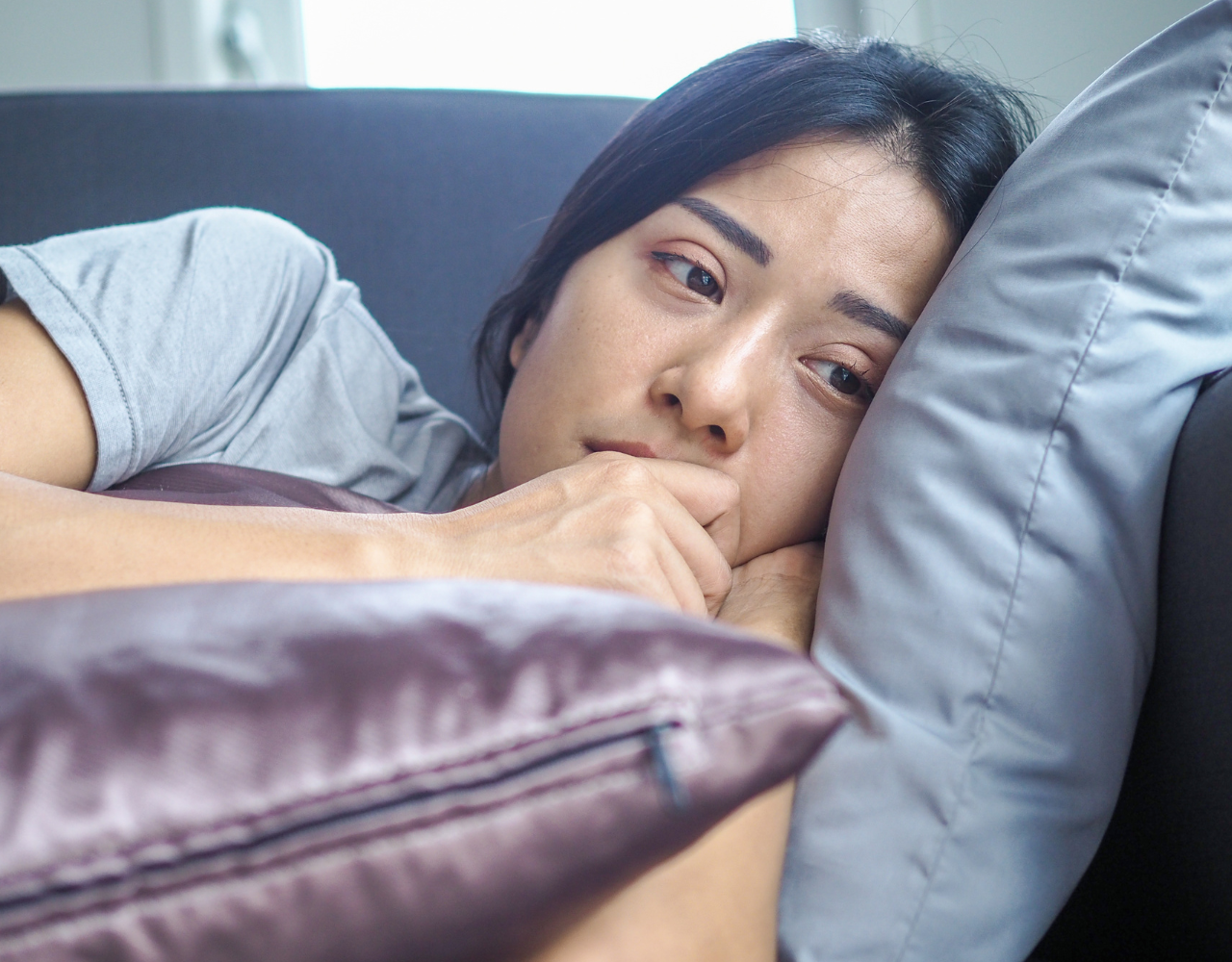The mental health illness known as depression is a complicated condition that affects millions of people all over the world. The impact that depression has on women is exceptional. The purpose of this article is to shed light on the numerous aspects of depression in women, including the indications and symptoms of depression as well as the issues that are specific to women. As we progress through this conversation, we will investigate the various forms of depression, the various potential treatments for depression, and the variables that may be responsible for the prevalence of depression in women.
Why You Should Read This Article:
One of the most important things that can be done to promote mental health awareness and timely intervention is to gain an understanding of depression in women. This article offers a complete reference for persons who are experiencing depressed symptoms as well as those who are helping loved ones on their road toward mental wellness. It includes helpful insights into the indications, symptoms, and treatment of depression.
Depression in Women: Unveiling the Complexity
Complex issues like women's depression must be addressed. We'll examine women's depression rates and why they may be more susceptible. Remember that the World Health Organization reports that women are twice as likely as men to develop depression. Due to the remarkable prevalence discrepancy, researchers are investigating the origins of this gender mental health gap.
Biological variables may contribute. Women who experience hormonal changes like menstruation, pregnancy, or menopause may be more depressed. Additionally, stress may affect brain chemistry and genetic propensity.
Cultural and socioeconomic factors may also contribute to women's higher depression rates. Gender discrimination, power disparities, and caring responsibilities stress women. Social and environmental stressors can worsen depression symptoms of worthlessness, inadequacy, and helplessness.
Women are more likely than men to seek mental health therapy, which may explain the higher depression rate. Women's propensity to seek treatment may be affected by social norms that encourage emotional expression and honesty about mental health difficulties.
Addressing depression in women requires acknowledging gender, biology, and societal impacts. Understanding these complex factors will help us develop more effective depression interventions for women. Medical professionals must be aware of these risk factors and offer depressed women specialized assistance and therapy.
Recognizing Signs and Symptoms of Depression
Physical Symptoms: The Silent Strain on the Body
Major depression in women often manifests through a spectrum of physical symptoms that silently undermine their overall well-being.
Fatigue and low energy levels:
Depression can be physically taxing, leaving women with an overwhelming sense of exhaustion and continuously low energy levels. This is especially true for women who are experiencing depression. In some cases, even the most basic of daily responsibilities can feel like insurmountable obstacles.
Changes in appetite and weight:
When it comes to women, depression has the potential to upset the delicate balance that regulates hunger. A number of people may have a significant reduction in appetite, which may result in unintentional weight loss. On the other hand, other people may seek solace in emotional eating, which may contribute to weight gain.
Sleep disturbances, such as insomnia or oversleeping:
It is clear that the complicated dance that takes place between melancholy and sleepiness is reflected in the altered patterns that women experience. It is possible that insomnia prevents individuals from getting restorative sleep, while some people find relief in oversleeping for extended periods of time as a means of evading reality.
Emotional Symptoms: Navigating the Depths of the Heart
In women who are dealing with this mental health difficulty, the emotional symptoms of depression cause a significant internal struggle that shapes the emotional landscape of these women.
Persistent feelings of sadness, hopelessness, or emptiness:
Women who are suffering depression typically struggle with persistent mental misery, which can be characterized by strong emotions of despair, hopelessness, or an overpowering sensation of emptiness that permeates their daily existence.
Irritability or restlessness:
When a person is going through emotional turmoil, they may experience increased irritation or a feeling of restlessness. This is particularly true for some people. When it comes to women, it is extremely rare for them to find themselves quickly agitated, and a prolonged sense of unease can totally infiltrate their emotional condition.
Loss of interest in activities once enjoyed:
Women who are struggling with depression experience a decline in the vibrancy of their life, which leads to a loss of interest in activities that they had previously found enjoyable. A decrease in the attraction of activities such as hobbies, social interactions, and even work that is performed on a daily basis is observed.
Cognitive Symptoms: Navigating the Maze of the Mind
Depression's impact on cognitive functions creates a mental labyrinth for women, affecting their ability to navigate daily life with clarity.
Difficulty concentrating or making decisions:
Depression can cause women to experience a fog that obscures their cognitive processes, making it difficult for them to concentrate and make decisions. This kind of fog can be experienced by women who are experiencing depression. It is possible for even seemingly insignificant choices to become both mentally and emotionally draining.
Negative thinking patterns and self-criticism:
Negative thoughts and constant self-criticism have the potential to transform the mind into a battleground for the persistent existence of the individual. Women have the potential to develop erroneous ideas of themselves, which can result in a vicious cycle of harsh self-criticism. This can be a problematic situation for women.
Memory problems and forgetfulness:
Depression has the potential to disrupt memory functions, which can lead to forgetfulness and make it difficult to recall even the most mundane of details. This can be a consequence of depression. Not only does the mental toll cause the individual to experience emotional misery, but it also has an effect on the individual's cognitive capabilities.
Behavioral Symptoms: External Manifestations of Internal Struggle
Depression's influence extends to observable behaviors, painting a picture of the internal battles women face.
Social withdrawal and isolation:
Depression can drive women to withdraw from social circumstances, which might be a source of comfort for them. This occurrence can be a result of depression. It is possible for a someone who was once outgoing to retreat from social circumstances and seek refuge in solitude in order to cope with the emotional upheaval that they are experiencing.
Reduced productivity and lack of motivation:
It is possible for depression to have a detrimental impact on productivity, which can result in a decline in motivation to perform the tasks that are required in daily life. At times, even tasks that were formerly manageable may feel like an unbearable burden. This is because of the fact that life never stops changing.
Engaging in reckless or self-destructive behaviors:
It is conceivable for the misery of depression to manifest itself in activities that take place outside the home. To temporarily escape the inner turmoil that they are experiencing, some women may engage in actions that are risky or self-destructive as a form of maladaptive coping. This is done in order to provide them with a momentary escape.
Interpersonal Symptoms: Navigating Relationships Amidst the Storm
Depression's impact transcends the individual, influencing the dynamics of relationships and interpersonal connections.
Strained or deteriorating relationships:
The stress of depression can put a strain on relationships, which can eventually lead to a decline in quality of life. Relationships between partners, family members, or friends may become strained as a result of a breakdown in communication and an increase in emotional distance.
Increased conflicts and arguments:
Depression can cause an increase in the number of disagreements and conflicts that occur in relationships, and heightened emotional sensitivity can contribute to these problems. It is possible for little arguments to escalate, which is reflective of the mental turmoil that women experience.
Feeling misunderstood or unsupported by loved ones:
Women who suffer from depression may experience feelings of profound misunderstanding or a lack of support from their loved ones if they are unable to communicate the depth of the internal difficulties they find themselves experiencing. The difficulty of communicating their emotional suffering is a further factor that contributes to the feeling of isolation that they experience.
Types of Depression: Navigating the Emotional Landscape
Explore the various types of mood disorder that can affect women, including postpartum depression, major depressive disorder, and other forms that may be unique to women.
1. Postpartum Depression:
Discover the complexity of postpartum depression and the need of treatment during this crucial period. Its varied character makes postpartum depression complicated for many women. Birthing a baby can be wonderful and overwhelming, and hormonal changes, lack of sleep, and habit changes can lead to postpartum depression. Postpartum depression is typically caused by biological, psychological, and social factors, making its origins unclear.
Postpartum depression is complicated by stigma and misunderstanding. People expect new mothers to be happy and adore their babies, so they may not identify depressive signs. The mother may experience shame, remorse, and loneliness, making it harder to seek treatment.
Treatment for postpartum depression is crucial. After childbirth, mother and baby should bond and provide a loving environment. The mother, child, and family might suffer long-term from postpartum depression without treatment. Untreated postpartum depression can impair a mother's capacity to care for herself and her baby and her connections with her husband and family.
The mother must seek care for postpartum depression, which may include therapy, support groups, and medication. Treatment can help the mother heal and enjoy parenting. Treatment can also reduce postpartum depression stigma and inspire other women to seek help.
2. Major Depressive Disorder:
This is a common type of depression that can affect women. It is characterized by a persistent feeling of sadness, loss of interest or pleasure in activities, changes in appetite or weight, and difficulty sleeping. This type of depression is called major depressive disorder, and it can impact a woman's daily life and functioning. It may also be accompanied by feelings of worthlessness, difficulty concentrating, and thoughts of death or suicide. It is important for women experiencing these symptoms to seek help from a mental health professional and receive the appropriate treatment, which may include therapy, medication, or a combination of both.
3. Premenstrual Dysphoric Disorder (PMDD):
This is a severe form of premenstrual syndrome (PMS) that affects some women before their menstrual period. Symptoms can include mood swings, irritability, and severe depression. This severe form of PMS is called premenstrual dysphoric disorder (PMDD). It can have a significant impact on a woman's daily life and relationships, and the symptoms are more severe than those of regular PMS. In addition to mood swings, irritability, and severe depression, women with PMDD may also experience anxiety, extreme fatigue, and physical symptoms such as bloating and breast tenderness. It is important for women experiencing these symptoms to seek support from a healthcare professional, as there are treatments available to help manage PMDD.
4. Perinatal Depression:
Explore perinatal depression and its effects on women during pregnancy and after, highlighting the need for early intervention and support. Postpartum or prenatal depression is a serious mental health disease that affects women during and after pregnancy. Perinatal depression is one of the most frequent pregnancy problems, affecting 1 in 7 women.
Perinatal depression can result from hormonal changes and maternal stress. Depression, anxiety, irritability, sleep and appetite disorders, difficulties concentrating, and feelings of worthlessness or guilt may occur. Perinatal depression can harm mother and child if neglected.
Around 10-15% of women have perinatal depression after giving birth. Hormonal changes, insomnia, and baby care might worsen the illness. Perinatal depression can have long-term implications on the mother's health and the baby's development without treatment.
Early intervention is essential for prenatal depression. New moms and pregnant women should be checked for depression during prenatal and postnatal visits. Healthcare practitioners should also inform women about perinatal depression and offer support and treatment.
Women need help during pregnancy and after. It can be family, friends, support groups, or mental health experts. Reducing perinatal depression stigma requires a safe, nonjudgmental space for women to share their thoughts and seek support.
Healthcare practitioners need training and resources to diagnose and treat prenatal depression. This may involve counseling, therapy, support groups, and medication. Women can receive comprehensive care by working with mental health experts and community resources.
5. Seasonal Affective Disorder (SAD):
Women are more likely to experience seasonal affective disorder, which is a type of depression that occurs during the winter months when there is less sunlight. Symptoms can include changes in sleep patterns, appetite, and energy levels. Additionally, women are also more likely to experience symptoms such as feelings of hopelessness, worthlessness, and guilt. It is believed that hormonal fluctuations and the role of reproductive hormones may contribute to this gender difference in seasonal affective disorder. It is important for individuals, especially women, who are experiencing symptoms of seasonal affective disorder to seek help from a mental health professional and explore treatment options such as light therapy, cognitive-behavioral therapy, and medication.
6. Persistent depressive disorder (PDD):
This is a chronic form of depression that can affect women, lasting for years and often accompanied by other mental health conditions. This description fits the definition of persistent depressive disorder (PDD), also known as dysthymia. It is a long-term form of depression that can last for years, and it often coexists with other mental health conditions such as anxiety or substance abuse. PDD can significantly impact a woman's daily life, relationships, and overall well-being, making it crucial for individuals experiencing these symptoms to seek support and treatment from mental health professionals.
7. Bipolar Disorder:
Women with bipolar disorder may experience symptoms of depression as well as periods of mania or hypomania, which can also affect their mood and behavior. During depressive episodes, women with bipolar disorder may feel extremely sad, hopeless, and worthless. They may lose interest in activities they once enjoyed, have difficulty sleeping or sleeping too much, experience changes in appetite, have difficulty concentrating, and may even have thoughts of death or suicide.
During manic or hypomanic episodes, women with bipolar disorder may feel unusually euphoric, energetic, and excitable. They may have racing thoughts, talk very quickly, take on multiple projects at once, engage in risky or impulsive behaviors, have difficulty sleeping, and could even experience delusions or hallucinations.
These mood swings can have a significant impact on a woman's personal and professional life, as well as her relationships. It can also affect her ability to function day-to-day and can lead to problems with substance abuse, financial difficulties, and legal issues.
It's important for women with bipolar disorder to seek help from a mental health professional to receive an accurate diagnosis and to develop a treatment plan that may include medication, therapy, and lifestyle changes. With proper treatment, women with bipolar disorder can manage their symptoms and lead fulfilling lives.
Treatment for Depression in Women: Seeking a Path to Recovery
Discuss the available treatment options for women facing depression, including antidepressants, talk therapy, and seeking support from mental health professionals and health care providers. There are several treatment options available for women facing depression, and it's important to find the right combination that works best for each individual. Some of the available treatment options include:
1. Antidepressants:
Antidepressant medications are commonly prescribed to help manage symptoms of depression. They work by balancing the chemicals in the brain that affect mood. There are several different types of antidepressants, each with its own set of potential side effects, so it may take some trial and error to find the right one. It's important to work closely with a healthcare provider to monitor the effects and adjust the dosage as needed.
2. Talk therapy:
Also known as psychotherapy, talk therapy involves speaking with a trained mental health professional, such as a psychologist or therapist, on a regular basis. Through these sessions, individuals can explore their thoughts, feelings, and behaviors and learn coping strategies to manage their depression. Cognitive-behavioral therapy (CBT) and interpersonal therapy are common forms of talk therapy used to treat depression.
3. Seeking support from mental health professionals:
In addition to talk therapy, seeking support from mental health professionals, such as psychiatrists, counselors, or social workers, can also provide valuable guidance and treatment. These professionals can offer a range of services, including medication management, coping skills training, and crisis intervention.
4. Lifestyle changes:
Making healthy lifestyle changes can also help manage symptoms of depression. This can include regular exercise, healthy eating, sufficient sleep, and stress-reducing activities like yoga or meditation.
It's important for women facing depression to seek help from healthcare providers and mental health professionals to create a comprehensive treatment plan that suits their individual needs. In some cases, a combination of medication, talk therapy, and lifestyle changes may be most effective in managing symptoms of depression. It's important to remember that treatment can take time, and finding the right combination of therapies may require patience and persistence. Nonetheless, with the right support and treatment, women facing depression can find relief and improve their overall well-being.
Menopause and Depression: Unraveling the Hormonal Connection
Examine how hormonal changes during menopause may cause or worsen depression. Menopause, which ends reproductive years in women between 45 and 55, is natural. This phase causes hormonal changes, specifically a drop in estrogen, which might affect mental health.
Depression might worsen during menopause due to hormonal changes. Estrogen regulates mood, and its reduction during menopause can cause neurotransmitter abnormalities, particularly serotonin and dopamine. These imbalances can cause depression symptoms like poor mood, anger, and worthlessness.
Along with hormonal changes, menopause can cause hot flashes, sleep difficulties, and exhaustion, which can lead to depression. These physical symptoms can lower a woman's quality of life and cause frustration and powerlessness, worsening mental health difficulties.
Menopause's psychological effects, such as fertility loss and body image alterations, can also cause melancholy and depression. Menopause can cause loss, stress, and anxiety, affecting mental health.
Not all women experience mental health concerns during menopause, and hormonal changes might affect mental health differently. However, therapy or medication can help menopausal depressives manage symptoms and improve mental health. Lifestyle modifications including regular exercise, a nutritious diet, and stress-reduction can also reduce depressive symptoms following menopause. Depression pain might manifest in external activities. Some women use dangerous or self-destructive habits to temporarily escape their inner pain.
Risk Factors and Causes: Understanding the Roots of Depression
Uncover the various risk factors that may increase the chances of depression in women, including family history, hormonal changes, and life events that may trigger depressive symptoms.
1. Family history:
Women with a family history of depression are at a higher risk of developing the condition themselves. Genetic predisposition can play a significant role in increasing the chances of depression.
2. Hormonal changes:
Hormonal fluctuations, such as those related to the menstrual cycle, pregnancy, childbirth, and menopause, can contribute to the development of depression in women. Postpartum depression is a specific condition related to hormonal changes after childbirth.
3. Life events:
Certain life events, such as the death of a loved one, relationship issues, divorce, job loss, financial stress, and trauma, can trigger depressive symptoms in women. Stressful life events can exacerbate existing mental health issues or lead to the development of depression.
4. Chronic illness:
Women with chronic health conditions such as diabetes, heart disease, and cancer may be at a higher risk of developing depression. The physical and emotional strain of managing a chronic illness can contribute to the onset of depressive symptoms.
5. Domestic violence and abuse:
Women who have experienced domestic violence, physical or emotional abuse, or traumatic events in their lives are at an increased risk of depression. The impact of these experiences can have long-lasting effects on mental health.
6. Social and cultural factors:
Societal pressures, gender roles, discrimination, and cultural expectations can impact a woman's mental well-being and contribute to the development of depression.
7. Substance abuse:
Women who struggle with substance abuse or addiction are at a higher risk of depression. Substance abuse can both trigger and exacerbate depressive symptoms.
It is important to note that these risk factors are not exhaustive and that each individual's experience with depression is unique. Seeking professional help and support is crucial for managing and treating depression in women.
Unique Challenges: Depression in Women Treated Differently
Explore why addressing depression in women requires a nuanced approach, recognizing challenges that are unique to women and may influence the development and treatment of depression.
1. Hormonal fluctuations:
Women experience hormonal fluctuations throughout their lives, such as during puberty, menstruation, pregnancy, postpartum period, and menopause. These fluctuations can impact mood and increase the risk of developing depression.
2. Sociocultural factors:
Women often face greater societal pressures and expectations related to family, relationships, and appearance. These pressures can contribute to feelings of inadequacy, low self-esteem, and depression.
3. Trauma and abuse:
Women are more likely to experience trauma and abuse, such as sexual assault, intimate partner violence, and childhood abuse. These traumatic experiences can lead to depression and other mental health issues.
4. Balancing multiple roles:
Women often juggle multiple roles and responsibilities, such as being caregivers, homemakers, and employees. The stress of balancing these roles can contribute to feelings of overwhelm and depression.
5. Body image and eating disorders:
Women are more likely to experience body image concerns and eating disorders, which can be linked to depression.
6. Stigma and barriers to seeking help:
Women may face stigma related to mental health issues and may be less likely to seek help for depression due to concerns about how they will be perceived by others.
7. Treatment considerations:
Women may have different responses to medication and psychotherapy, and their treatment may need to be tailored to address factors such as hormonal fluctuations, pregnancy, and postpartum issues.
Given these unique challenges, a nuanced approach to addressing depression in women is essential. This includes providing women with access to comprehensive mental health care that considers their unique experiences and needs, raising awareness about gender-specific risk factors and symptoms of depression, and destigmatizing seeking help for mental health issues. Additionally, incorporating gender-sensitive approaches into mental health services and research can help improve treatment outcomes for women with depression.
Seeking Treatment and Support: A Beacon of Hope
Encourage women to seek depression treatment and emphasize the support of family, friends, and the community. It's crucial to encourage women to seek depression treatment since untreated depression can harm their mental, emotional, and physical health. Depression can impair a woman's daily life, relationships, and risk of self-harm or suicide. Depression treatment can help women control their condition and enhance their quality of life.
Support from family, friends, and the community can help depressed women. Family and friends can offer emotional support, empathy, and encouragement for professional help. They can also help with daily tasks, parenting, and other responsibilities to reduce the woman's stress. Community support can include mental health services, support groups, and depression education and aid initiatives.
Support and understanding from others can make a woman feel less alone in her struggle and provide a secure location to seek help. This support can also lessen mental health stigma and inspire more women to seek depression therapy. Finally, family, friends, and the community must help depressed women feel empowered, loved, and able to seek help.
FAQ's
What are the most common signs of depression in women?
Recognizing the symptoms of depression is critical. Common symptoms include persistent sadness, changes in appetite, sleep disturbances, and a loss of interest in once-enjoyable activities.
What are the differences between depression in women and men?
While the core symptoms may be similar, women may face unique challenges, such as perinatal depression caused by pregnancy and hormonal fluctuations, emphasizing the importance of gender awareness.
Are there specific risk factors for depression in women?
Hormonal changes (menstrual cycles, pregnancy, and menopause), family history of depression, and societal expectations all contribute to a higher risk of depression in women.
How do hormonal changes affect women's mental health?
Hormonal fluctuations during life stages, including pregnancy and menopause, can affect mood and lead to depression symptoms.
How can I distinguish between normal mood swings and symptoms of depression?
Depressive symptoms include persistent and overwhelming feelings of sadness, changes in behavior, and disruptions in daily functioning. If these symptoms persist, seeking professional assistance is critical.
What is perinatal depression and how can it be addressed?
Perinatal depression happens during and after pregnancy. It necessitates specialized care, and treatment options may include therapy, support groups, and, in some cases, medication administered by healthcare professionals.
Are women more likely to experience depression during specific life stages?
When going through significant life changes, women may feel more vulnerable in their 20s or 30s. Understanding the transitional periods is critical for early intervention.
How can family and friends support a woman who is depressed?
Giving a listening ear, offering emotional support, and encouraging professional help are all critical. Educating oneself about depression promotes a supportive environment.
What treatment options are available for depression in women?
Therapy (cognitive-behavioral therapy, psychotherapy), medication, and lifestyle changes are all viable treatment options. The choice is based on the severity of the symptoms and personal preferences.
Is seeking help considered a sign of weakness?
No, seeking help for depression demonstrates strength and resilience. It exemplifies a proactive approach to mental health and is an important step toward recovery.
Conclusion
A supportive and compassionate environment requires understanding women's depression symptoms. Effective intervention begins with recognizing depression symptoms, regardless of type. It is important to recognize that anyone can experience depression and that seeking treatment is a proactive step toward mental health. The Mayo Clinic lists persistent sadness, appetite changes, and sleep disturbances as signs of depression in women. It's noteworthy that depression affects many women. Depression is sometimes unique to women due to family history and hormonal changes. Depression is treatable, so see a mental health professional or doctor. The National Institute of Mental Health and 988 Suicide and Crisis Lifeline help those with depression and those supporting them.
Remember that depression affects women differently than men. Perinatal depression, unique to women during and after pregnancy, needs special attention. Women are twice as likely to develop depression, highlighting the need for awareness and support. Depression, whether mild or severe, is a serious mental illness that should not be underestimated. Recognizing symptoms, seeking help, and believing in recovery are key to depression recovery. Health professionals should be consulted, and mental health services can provide customised support. Women may be more susceptible to depression in their 20s and 30s, when life changes. Awareness, education, and open dialogue help women cope with depression. Severe depression should be treated immediately, as seeking help shows strength and resilience.
In conclusion, depression is a shared struggle that requires community action to prioritize mental health. Break depression stigma, raise awareness, and create an environment where women feel understood, supported, and empowered to manage their mental health.









